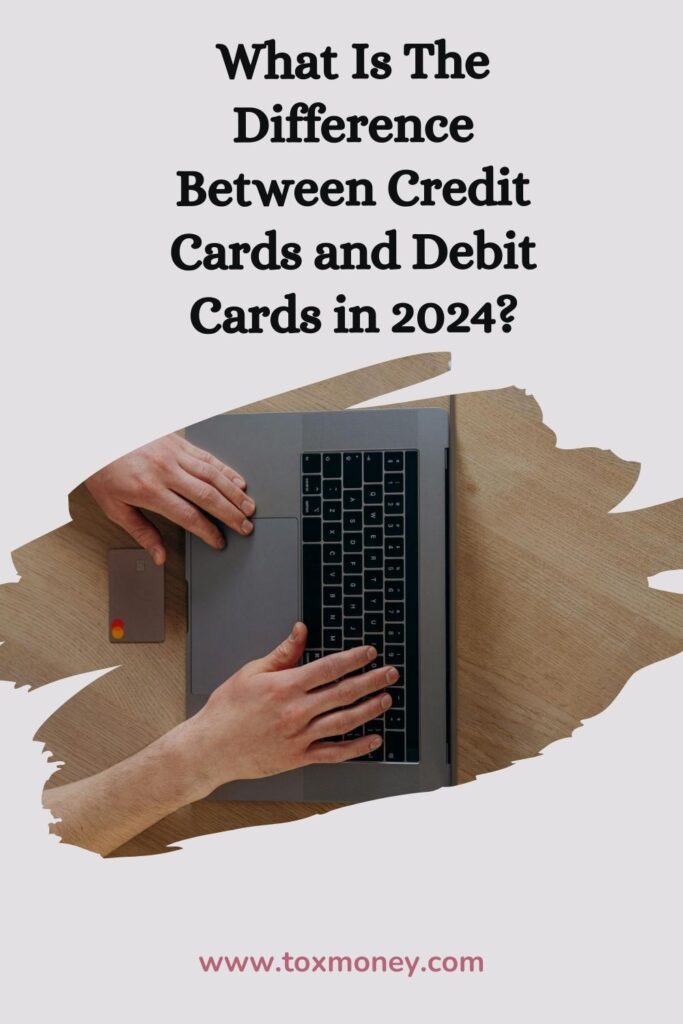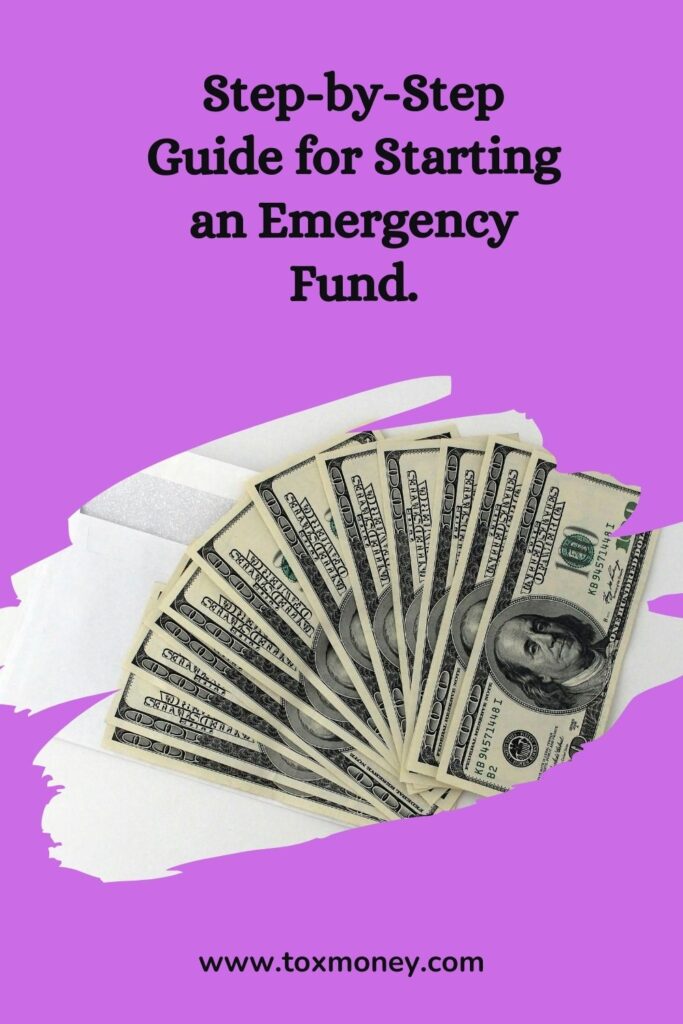Money is an essential component of our lives, impacting our decisions, lifestyle, and general well-being. However, how we perceive, handle, and manage money is not entirely reasonable and logical. Our emotions influence our financial decisions and habits. Understanding money psychology may help us make better decisions, avoid common mistakes, and establish more positive connections with our cash. Turns out that your emotions have a sneaky way of interfering with your finances. But don’t worry, we’re in this together, and we’ll work together to solve this psychological conundrum and develop successful management solutions.
Emotional Impact of Money
Fear and Anxiety: The Scream Machine of Finance
Money may be a major source of dread and anxiety. Consider this: you’re on a roller coaster, but instead of loops and twists, you’re riding in terror and anxiety with your money. We have all been there, my buddy. The worry of not having enough, the anxiety of losing what we have, is like a stomach-churning drop that makes us nauseous. But here’s a secret: dread is the most powerful financial monster under your bed. Understanding how these emotions affect your finances is critical to conquering financial worries and making wise decisions. Acknowledging and recognizing your anxieties is the first step toward taming the beast and making better financial decisions.
Impulse Spending: The Shopping Spree Spiral
We’ve all fallen prey to reckless purchasing at some point. It’s the irrepressible desire to splurge on something we don’t truly need but believe we must have at the time. Ah, the appeal of impulsive purchases. It’s like getting drawn into a black hole of never-ending deals and “limited-time offers.” One minute you’re looking online for a new pair of shoes, and the next you’ve purchased a trampoline, a collection of novelty socks, and a tuba. Okay, perhaps not the tuba, but you get the idea. Our emotions may lead us wrong, causing us to lose sight of our financial goals in favor of the alluring lure of quick fulfillment. So the next time you feel the need to indulge, take a deep breath, stand back, and recall your budgeting strategy. Developing self-awareness and mindful spending can help you resist impulsive spending and make more informed financial decisions based on your values. Your future self will appreciate you.
The Keeping Up Game: How Emotions Affect Personal Financial Comparisons
Ah, the classic example of “the grass is greener on the other side.” We are continually assaulted with pictures of idyllic lives, expensive automobiles, and luxurious trips. It’s as if our Instagram feeds have turned into “The Rich and Fabulous” reality show. But here’s a little secret, my friend: looks may be misleading. Comparison steals joy and might have a negative impact on your financial situation. So, embrace your own journey, set your own financial objectives, and celebrate your accomplishments, no matter how modest. Remember that being true to yourself is far more gratifying than pursuing someone else’s aspirations.
Emotional Comfort Spending: The Retail Therapy Ride.
When life throws you a curveball, it’s easy to turn to retail therapy for comfort. We’ve all done it: bought a nice cappuccino, went on a shopping binge, or ate a whole container of ice cream. But, let’s be honest: spending on emotional comfort is like putting a band-aid on a shattered piggy bank. It may give temporary relief, but it will not address the underlying causes. Examining how emotions affect personal finances in the context of comfort spending highlights the necessity of developing healthy coping skills such as talking to a friend, practicing self-care, or even starting a new activity. Your money and emotional health will thank you.
In Conclusion
Money and emotions are inextricably linked, and recognizing this connection is critical for financial stability. Recognizing how fear, impulsive spending, comparison, and emotional comfort influence our financial decisions allows us to take proactive actions to regulate our emotions and make better judgments. It’s a path that demands self-awareness, self-control, and the ability to question our emotional reactions. So, let us embrace the psychology of money, navigate our emotions, and have a healthier and happier connection with our money.



